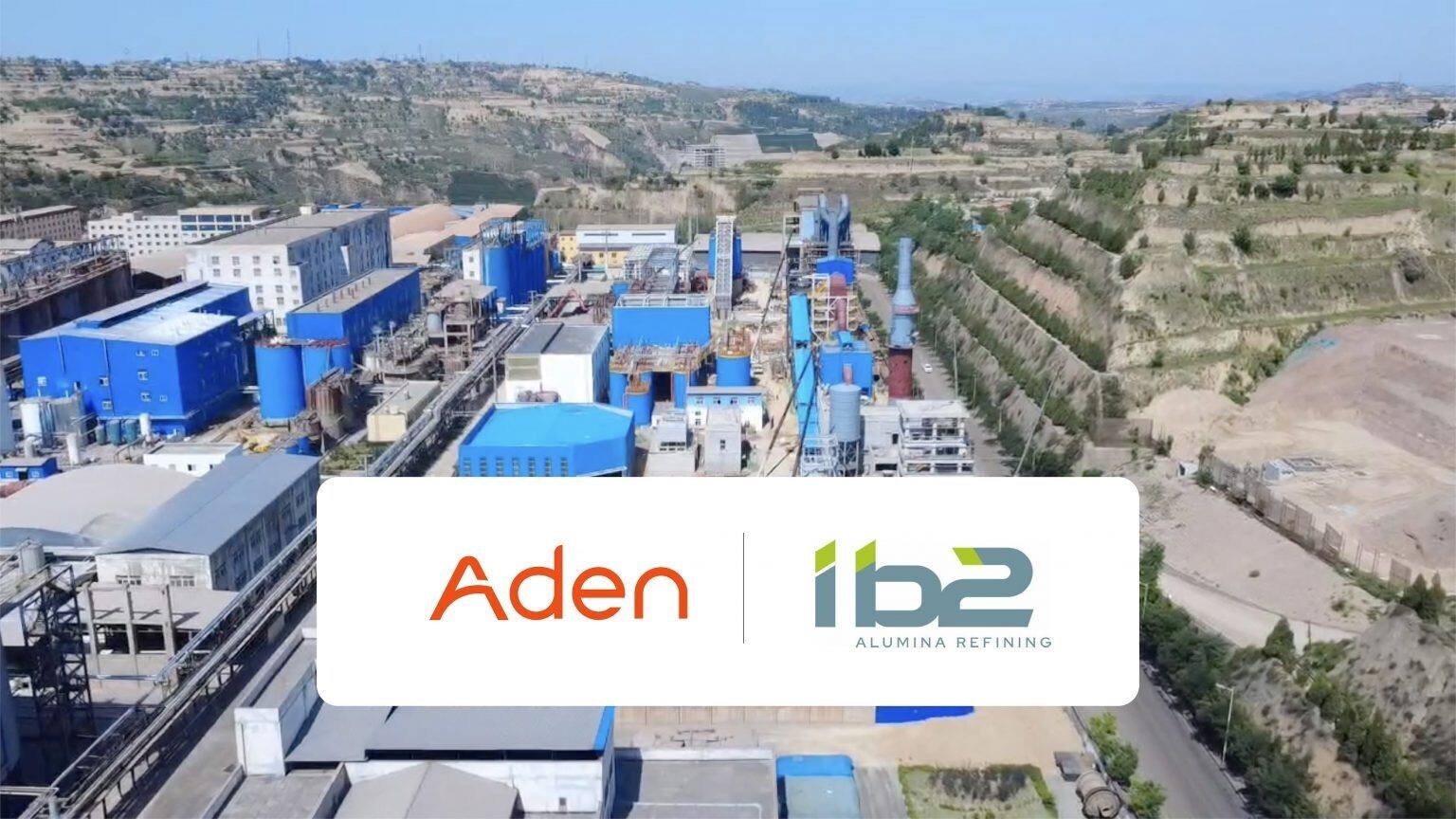

Aden Group, a global leader in integrated industrial services, has launched a pioneering deployment of sustainable bauxite refining technology at a 15,000 sqm facility in Shanxi, China. In partnership with French technological start-up IB2, this pilot represents a crucial pivot for China’s aluminium supply chain,converting surplus, low-quality domestic bauxite into high-quality inputs, while minimising emissions and increasing resource use efficiency.
 Image source: LinkedIn
Image source: LinkedIn
Pioneering technology, local impact
The key to this approach is IB2's unique refining process, which was developed in collaboration with entrepreneur Romain Girbal and chemist Yves Occello. The technology focuses on China's underexploited reserves of low-quality bauxite, which has traditionally been dismissed because of high amounts of silica, sulfur, and organic carbon. The IB2 process removes these impurities more effectively than any other and results in 30 per cent more ore utilised and emissions 40 per cent lower, representing a reduction of 210,000 tonnes of CO₂ for every million tonnes of bauxite processed.
Aden's function is not restricted to the deployment of technology. The company has recruited, trained and mobilised a committed team to provide remote site services and the management and operation of Phase I of the project; complete with complex industrial rollout. In relation to the operational excellence strategy, Aden has to ensure full management of their facility services as well as environmental management.
Why it matters: domestic resilience and global sustainability
This effort appears at a key time for China, as it has historically depended on expensive and carbon-intensive imports of bauxite. By localising refining and minimising logistical carbon footprints, the Aden-IB2 initiative reinforces supply chain resilience. As IB2's technology ushers in previously non-viable bauxite into a usable format, it creates opportunities for regional self-sufficiency and lowered dependency on international bauxite flows, even more pertinent in today's geopolitically sensitive markets.
Phase II is already on the horizon
Encouraged by the Phase I rollout, there are already discussions for Phase II expansion with regional governments, evidence of the project being scalable and having meaningful policy implications.
Responses








